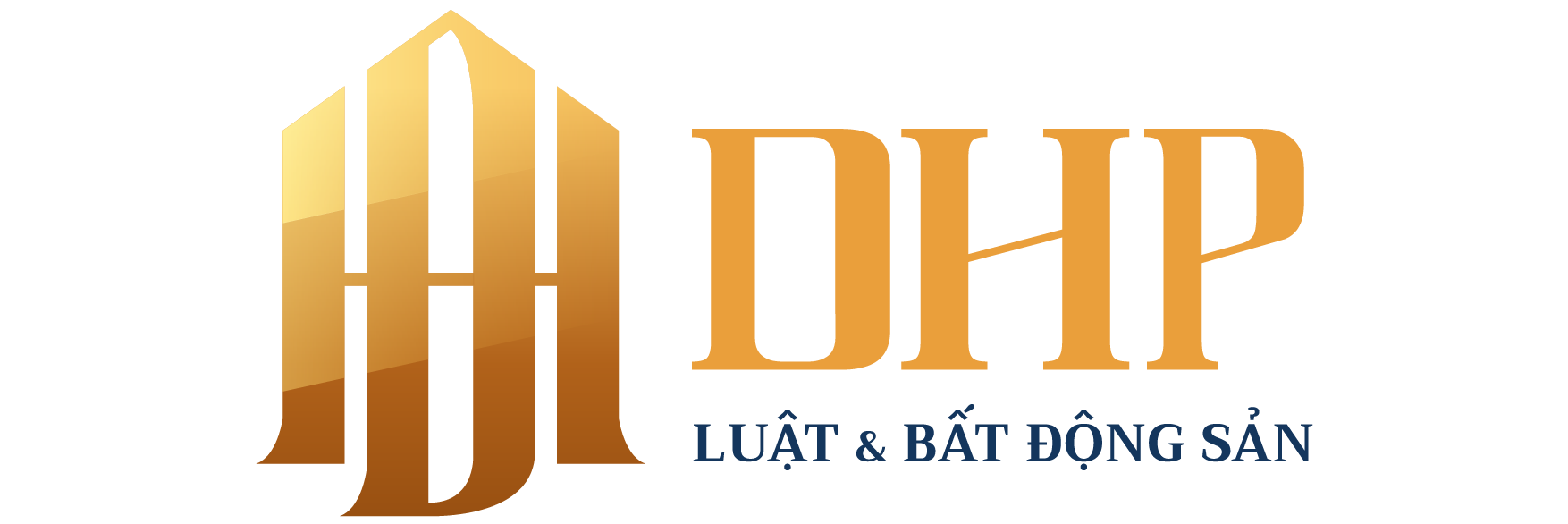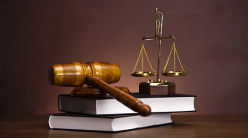The controversy surrounding the Vietnam Music Copyright Protection Center (VCPMC) asking hotels to pay for the use of music broadcast on television is an interesting legal story. Let us analyze based on the provisions of current law.
VCPMC “vin” where?
VCPMC’s request to collect money for using music on television in a hotel is based on the provisions of point b, clause 1, Article 20 of the Intellectual Property Law. That is the right to “Perform the work in public”.
First, it should be affirmed, Article 20 of the IP Law provides for the property rights of the author/owner of the work.
“Article 20. Property rights
- Property rights include the following rights:
- a) Making derivative works;
- b) Performing the work in public;
- c) Copying works;
- d) Distributing or importing originals or copies of works;
- dd) Communicating works to the public by means of wireline, radio, electronic information networks or any other technical means;
- e) Renting out originals or copies of cinematographic works and computer programs.
- The rights specified in Clause 1 of this Article shall be exercised exclusively by the author or the copyright holder or permitted by others in accordance with this Law.
- Organizations and individuals, when exploiting and using one, several or all of the rights specified in Clause 1 of this Article and Clause 3, Article 19 of this Law, must seek permission and pay royalties, remunerations and other rights. other material rights to copyright holders”
With the common understanding, the performance of a work is the act by an artist/artist collective communicating the content of the work to the beneficiary through his or her ability to perform art (with eyes, with headphones or other senses). other authority). So, can turning on the TV be understood as “performing” the work in public? Personally, I think not. It’s the use of the broadcast.
Moreover, it should be seen that, Clause 2, Article 20 clearly states, “The rights specified in Clause 1 of this Article are exclusively exercised by the author or the copyright owner or permitted by others in accordance with the provisions of this Law. provisions of this Law”. That is, the exercise of the rights of paragraph 1 without being the author or owner of the work must obtain permission from the author/owner. So, by what mechanism is it possible to open a TV to ask for permission from the author? It seems out of control in fact.
And if applying Clause 3, Article 20, is there any basis? The use of a Program broadcast via TV cannot be called a “public performance” specified at Point b, Clause 1.
Thus, VCPMC has determined that it is the right to perform the work. Apparently, this is an incorrect application.
What does the Copyright Office say?
Responding to the press, Mr. Bui Nguyen Hung – Director of the Copyright Office – the agency that directly manages the issue of copyright and related rights agreed with the collection of royalties. According to him, this is in accordance with Article 33 of the Intellectual Property Law and Article 35 of Decree 100 as well as international treaties.
We see, the management agency has applied other regulations in the same behavior. They argue that there is a legal basis for requiring hotel owners to pay royalties when using TVs, but the basis is Article 33 of the IP Law.
So what does Article 33 stipulate?
“Article 33. Cases of using related rights are not required to obtain permission but must pay royalties and remunerations
- Organizations and individuals that directly or indirectly use announced phonograms or video recordings for commercial purposes to broadcast, advertise, or collect money in any form without permission , but must pay royalties and remunerations as agreed upon to authors, copyright holders, performers, producers of phonograms, video recordings and broadcasting organizations from the time of use; In case no agreement can be reached, the Government shall comply with the provisions of this Law or initiate a lawsuit at the Court as prescribed by law.
Organizations and individuals that directly or indirectly use announced phonograms and video recordings for commercial purposes to broadcast without sponsorship, advertising or without collecting money in any form without permission , but must pay royalties and remunerations to authors, copyright holders, performers, producers of phonograms and video recordings, and broadcasting organizations since they are used in accordance with the Government’s regulations. .
- Organizations and individuals that use published phonograms and video recordings in their business and commercial activities are not required to obtain permission, but must pay royalties and remuneration as agreed upon to the authors and owners. copyrights, performers, producers of phonograms, video recordings, broadcasting organizations since use; In case no agreement can be reached, the Government’s regulations shall apply or initiate a lawsuit at the Court in accordance with law.
- Organizations and individuals that use the rights specified in Clauses 1 and 2 of this Article must not interfere with the normal exploitation of performances, phonograms, video recordings and broadcasts and must not cause interference harming the rights of performers, producers of phonograms and video recordings, and broadcasting organizations.”
Obviously, there was a difference in terms of rights. Article 33 provides for related rights.
According to the provisions of Clause 3, Article 4 of the Intellectual Property Law, “Rights related to copyright (hereinafter referred to as related rights) are rights of organizations and individuals to performances, phonograms, video recordings, broadcasts, encrypted program-carrying satellite signals”
At this point, we see, related rights are not the rights of the author/owner of the work anymore, but the rights of organizations and individuals to performances, sound recordings, video recordings, broadcasting programs. wave… From that, it can be realized that the VCPMC – Collective representative organization of authors, collecting money for related rights has no legal basis.
It is also necessary to see that “Broadcasting is the transmission of sound or images or both sounds and images of works, performances, phonograms, video recordings, broadcasts to the public by wireless means. or wireline, including transmission via satellite so that the public can receive it at a place and time of their own choosing” (Clause 11, Article 4 of the IP Law).
When a television station broadcasts (after obtaining permission from the author to use the work and paying royalties to the author), they are the owners of the “Broadcast Programs” as prescribed in Article 44 of the Intellectual Property Law. . These broadcasts are protected under the Intellectual Property Law. Owners of broadcasts have the rights specified in Article 31 of the Intellectual Property Law, including the right to material benefits when the broadcast is distributed to the public. Users of broadcasts will have to pay the owners of broadcasts. If the hotel uses TV programs, then depending on the number of TVs, you have to pay monthly (usually in the form of a subscription fee or pay according to the required program to use, depending on the ability to control radio engineering). The problem is how to exploit the broadcasts of the hotels, so that the subscription fee can be negotiated (including paying for the use of broadcasts. Pay-TV stations increase work for authors/owners. than usual.
In summary, the content of Article 33 is the provision of related rights of people who are not owners/authors of musical works. The fact that VCPMC – the collective representative organization of the authors collects money from hotels has no legal basis.
Can CVMMC and hotels find a common voice?
Up until now, hotels still pay for television subscriptions and use TVs as an essential item in bedrooms. This is considered as an amenity of the accommodation facility. No hotel considers these as “performances”, “shows” to collect extra money from guests. It is a very normal thing. With the mentality that paid “royalties” through television subscriptions, now paying more is disapproving and the reaction is natural.
Note that VCPMC’s collection of money at hotels is not an administrative order/decision from the State. It’s purely civil relations. So, what about uncooperative hotels? The VCPMC cannot “coerce” or obtain it through “coercive” state agencies. This is purely a civil matter that will be resolved by the Court.
From the above grounds, it can be seen that, ensuring the harmony of interests of the authors/owners of works, with the interests of related rights holders, the right to enjoy literary and artistic works of To the public, contributing to introducing the unique cultural features of the country’s art to the public, not only domestic and international visitors, there should be a reasonable agreement in the collection of royalties through by paying the TV stations of the hotel owners in a reasonable way so as not to cause a negative reaction.
Source: According to kiemsat.vn
For support and advice on Business, Investment, Tax, Intellectual Property, … in the best way, please contact us with the following information:
DHP LAW
Address: L4-09.OT06 Landmark 4 Building Vinhomes Central Park, 720A Dien Bien Phu, Ward 22, Binh Thanh District, Ho Chi Minh City









